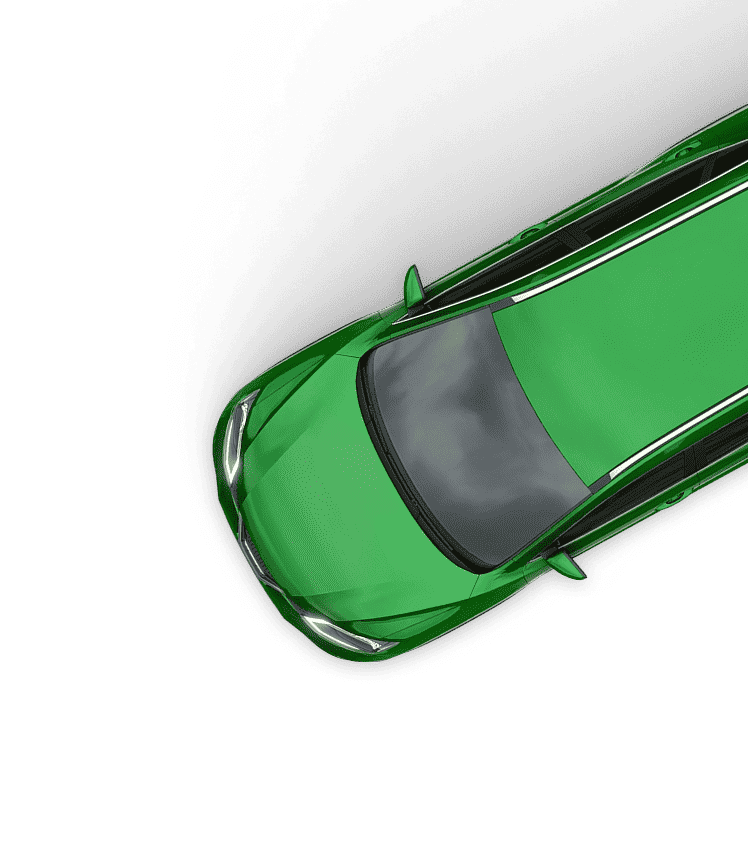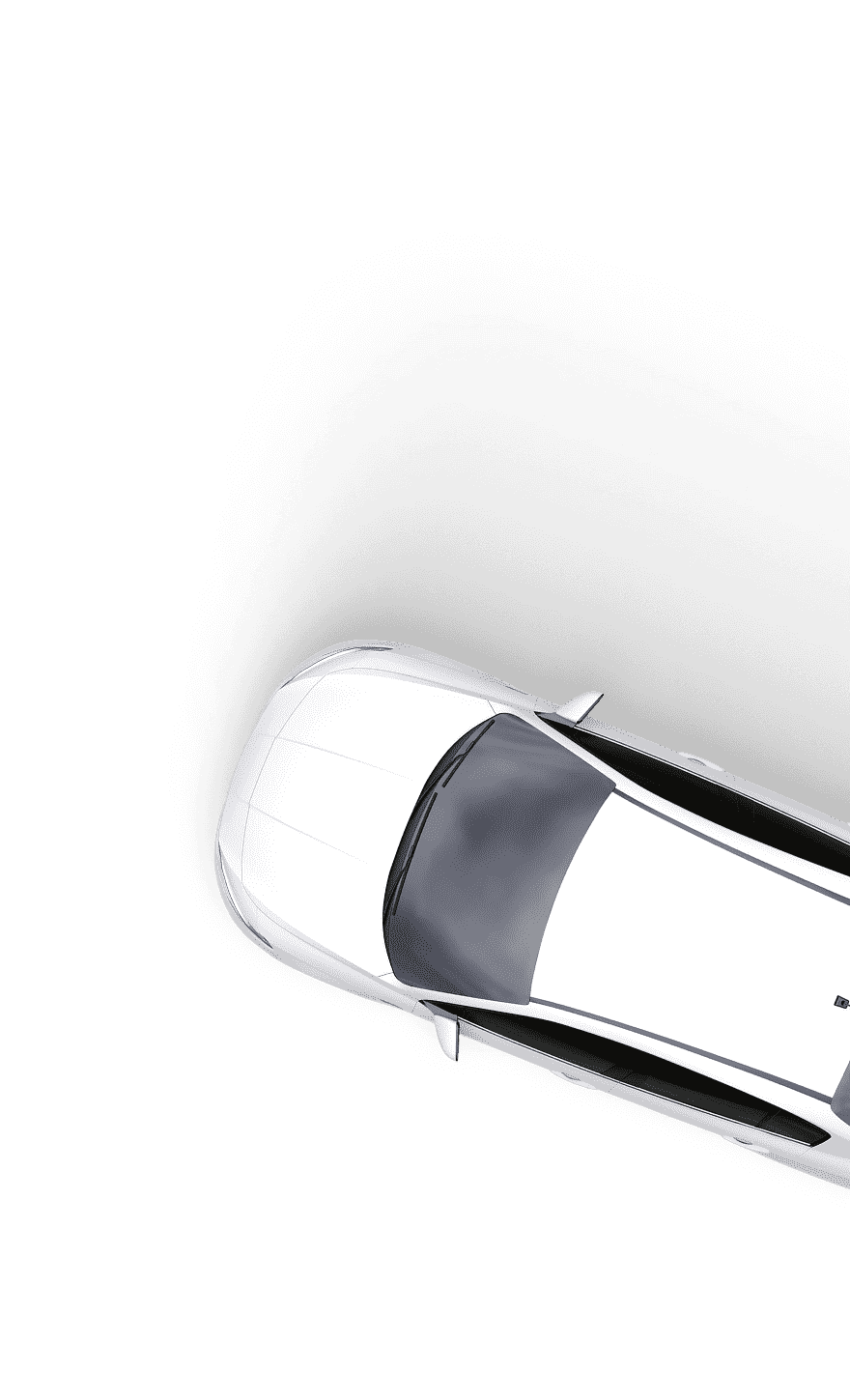How Do I Get Paid For a Scrapped Car?
When your car is picked up, the collection driver will trigger your payment to be made by bank transfer. This means the money will be with you quickly – and the Authorised Treatment Facilities (ATF) we work alongside are following the strict law surrounding the payment for scrap vehicles. Generally, this will mean the payment will be the same day but may be up to 1 business day after collection.
Why are cash payments illegal?
In 2013, the government created the Scrap Metal Dealers Act 2013 to help make sure both the buyers and sellers of scrap metal are protected against any criminal activity. The act states that a dealer must not pay for scrap by any means other than a cheque or electronic transfer. All scrap vehicles are covered by this law.
To handle scrap vehicles, a scrap yard must meet ATF standards – and following the Scrap Metal Dealers Act is an important part of this. As long as they do, they will be able to legally scrap your vehicle – and produce the official paperwork to confirm this has been done. Without this paperwork, you could remain legally liable for the vehicle – so it’s important that you use a scrap yard that follows the law.
How do some scrap yards still offer cash payments?
It’s not uncommon to see traders offering to scrap your car for cash – especially on social media sites, classified advert services, and, in some cases, on signs at the side of the road. It’s important to understand that the businesses doing this are not scrap yards – as an approved scrap yard simply cannot pay for a scrap car with cash.
Instead, these ‘businesses’ are usually individuals looking to make a quick profit from your scrap car. Since few people know the true value of a scrap car, traders will often simply make a cash offer for the car, before selling it on to an ATF for the fair price – or, in some cases, making some repairs and putting a potentially unsafe vehicle back on the road.
Traders operating like this tread a thin line between staying legal and breaking the law – and, if you want to be certain that you’re getting the best price to scrap your car, it’s much safer to make sure you’re using an Authorised Treatment Facility; like the scrap yards we work alongside.
There are many risks involved with selling your car to a trader who buys scrap for cash. Firstly, you will not be provided with the appropriate paperwork confirming the destruction of your car. Secondly, you may find yourself liable for offences relating to the car – even if you seem to have passed ownership on. To get the best price and service you can rely on to keep you safe, request an instant quote from our network of authorised car scrap yards.
How much do you get paid to scrap a car?
You get paid to scrap a car based on its condition, weight and the current scrap metal market, so there’s no single fixed price for every vehicle.
Buyers look at a few core factors when valuing your car: the make and model, the age, whether it still starts and drives and how many usable parts it has left. Heavier cars generally earn more because they have more recyclable metal. Prices also shift with the global metal market – when rates rise, higher payouts follow and vice versa.
Most UK drivers see scrap car prices somewhere between £100 and £400 for an average end-of-life car, though larger 4x4s and vans can go higher. Ultimately, the final amount comes down to demand for metal and the individual condition of your vehicle.
Why will I only be paid after my car is collected?
You’re paid after collection because the Scrap Metal Dealers Act 2013 and the End-of-Life Vehicles (ELV) regulations require scrap yards to confirm the car matches the details you provided before moving forward. This is standard practice across the industry.
When the collector arrives, they verify the registration, VIN and V5C logbook to make sure the vehicle isn’t stolen and that the ATF can legally take ownership.
Under the Scrap Metal Dealers Act, they have to record who sold the car and double-check the the details. The ATF also needs to ensure the car genuinely qualifies as an end-of-life vehicle (i.e. it isn’t salvageable) before they can depollute it and later issue a Certificate of Destruction through the DVLA.
Once the collection team arrives, they verify the vehicle’s identity, check its condition and certify that the V5C details line up. This protects both you and the ATF, as the car can’t be scrapped or dismantled without confirming ownership and doing the paperwork.






